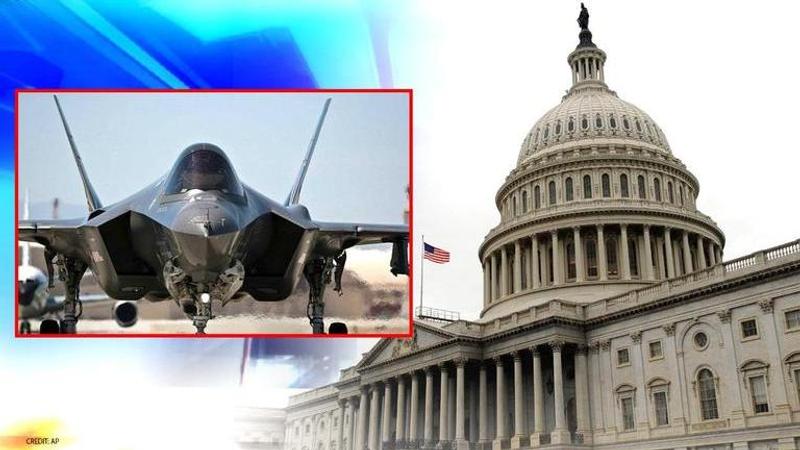Published 17:56 IST, December 10th 2020
US Senate rejects effort to block Donald Trump's arms deal with UAE
The US Senate on Wednesday defeated the efforts to block the Trump administration's sale of weapons to the UAE. The sale includes fighter jets, missiles, drones

The US Senate on Wednesday rejected the efforts to block the Trump administration's sale of weapons to the United Arab Emirates (UAE) as two procedural votes failed to garner enough support by House members. Democrats had mounted efforts to stop the sale of arms to UAE, which has been defeated by the Senate paving a way for the deal to move forward.
Incumbent President Donald Trump had earlier threatened to use his veto power against the votes. However, it would no longer be needed as the efforts failed to gain a two-thirds majority in the upper house of US Congress needed to override the presidential veto.
UAE arms sale
The $23 billion arms sale to Abu Dhabi is tied to the Abraham Accords and normalisation of relations between UAE and Israel earlier this year, which was brokered by the Trump administration. A few days after the deal was announced, the Trump administration agreed to sell weapons, missiles, advanced F-35 fighter jets, Reaper drones to UAE, which was until then was being blocked by Israeli lobbyists in Washington.
Critics of the deal argued that the sale of weapons to the UAE could jeopardise Israel's national security and may end up triggering an arms race in the region. Some also say that the arms deal would hamper the United States' interests in the region. Media reports suggest that President-elect Joe Biden could very well end the deal use his executive authority.
However, supporters of the deal say that UAE would anyway have access to those technologies if it decides to buy weapons from Russia or China. The Trump administration has also claimed that the arms sale would help deter Iranian aggression in the region, which is critical to US interests.
(With inputs from AP)
Updated 17:56 IST, December 10th 2020




